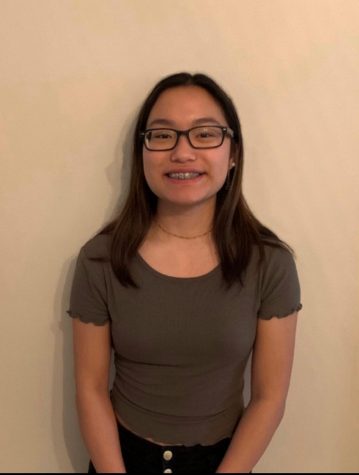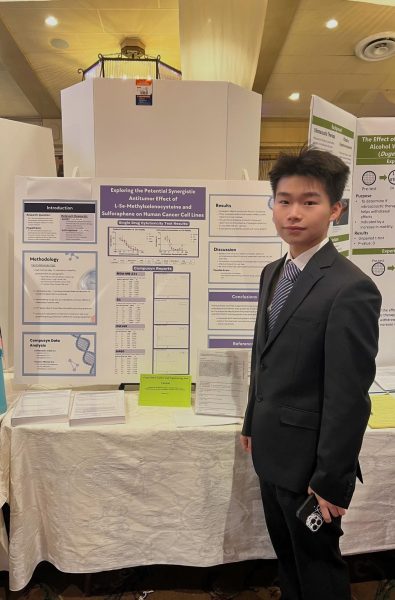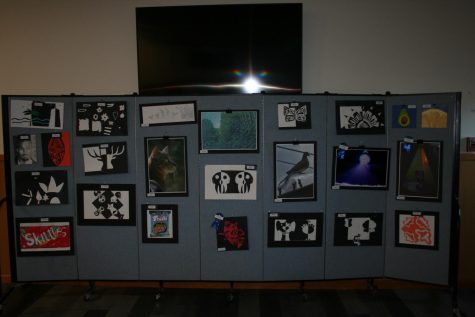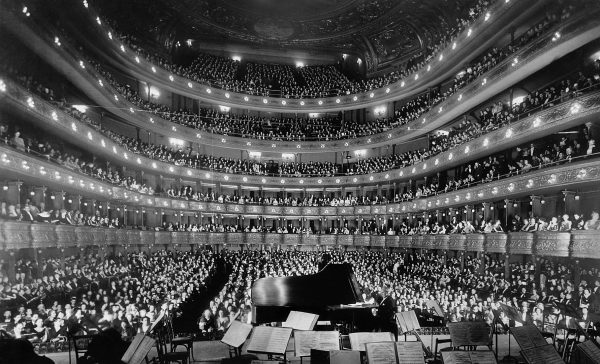My Experience at Stage the Change
February 4, 2021
On January 14th, I attended an online conference called “Stage the Change: The Arts as a Social Voice” through the National English Honor Society. I attended the workshop called “Staging Activism with Interviews and Moments Work”. The purpose of this workshop was to utilize monologues from interviews of teen activists and theatrical movements to share meaningful stories. This workshop was led by Barbara McAdams, co-creator of the #HereToo Project. This is a project that allows teen activists to take part in performances about issues that can impact their own community. One of her main focuses was gun violence, prevalent, especially after Sandy Hook. In the terms of interviewing a survivor, she points out how to phrase questions, such as the comparison between “Why is there gun violence in America?” versus “Why and how do young people choose to engage in activism and how are they succeeding?” The second question poses a story and helps us understand smaller details to create a bigger picture. This helps me because I have done multiple interviews for the school newspaper, and hope to continue to do writing in college. The way one phrases questions is very important, especially in triggering topics such as school shootings, as it’s a very sensitive topic for the person that you can be interviewing. It’s important to be human first and interviewer second. In reference to moment’s work/theatrical movements, it’s the act of expressing someone’s story, including reading their stories and acting out theatrical gestures. For example, the spotlight students selected for this workshop had to recite monologues in the character of young teens. One monologue, in particular, was about a young girl who survived a mall shooting. Through the use of gestures, we can see when the young girl was timid and nervous explaining her actions during the school shooting, and when the young girl got excited about her time as an activist at DC, sharing her story. I never thought about how activists can spread awareness by acting out someone’s story on the stage. The people on stage aren’t trying to get you to sob about a sad, moving story. Rather, the people on stage are trying to get a message across. This connects back to what Krystal Joy Brown and Brandon Dixon, two keynote speakers, said, as they loved performing the roles of historical figures because it resurrects them back to life. Dominique Morisseau, the final keynote speaker, makes an important point that we should applaud small victories towards equality and change. She also acknowledges that we should use any privilege we have to try to push for equality, to help those who don’t have that privilege. Dominique Morisseau also brings up a point of identity and wonders how the world is going to be. This made me think about how when you’re a kid, you’re so blissfully ignorant of the world around you. You only face the ugly reality when you grow up. This whole experience has been very eye-opening for me, so I’m glad I was able to be a part of it because of the National English Honor Society!





